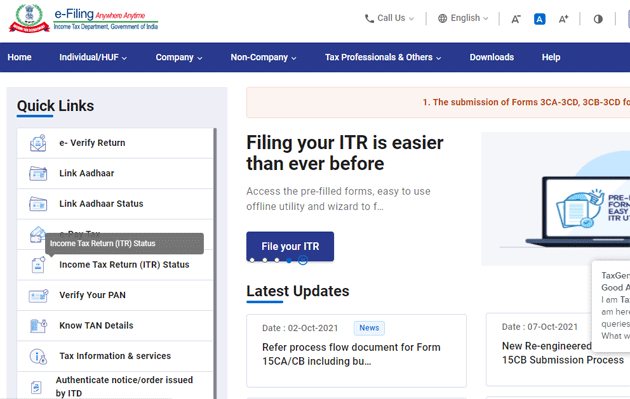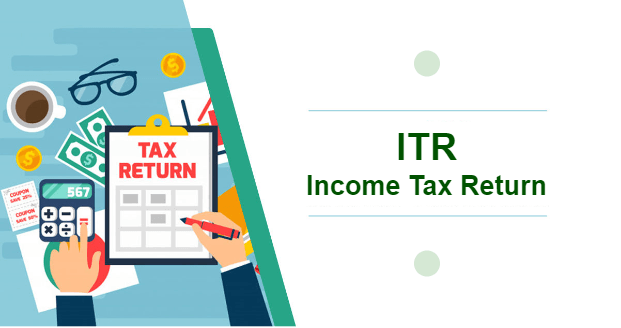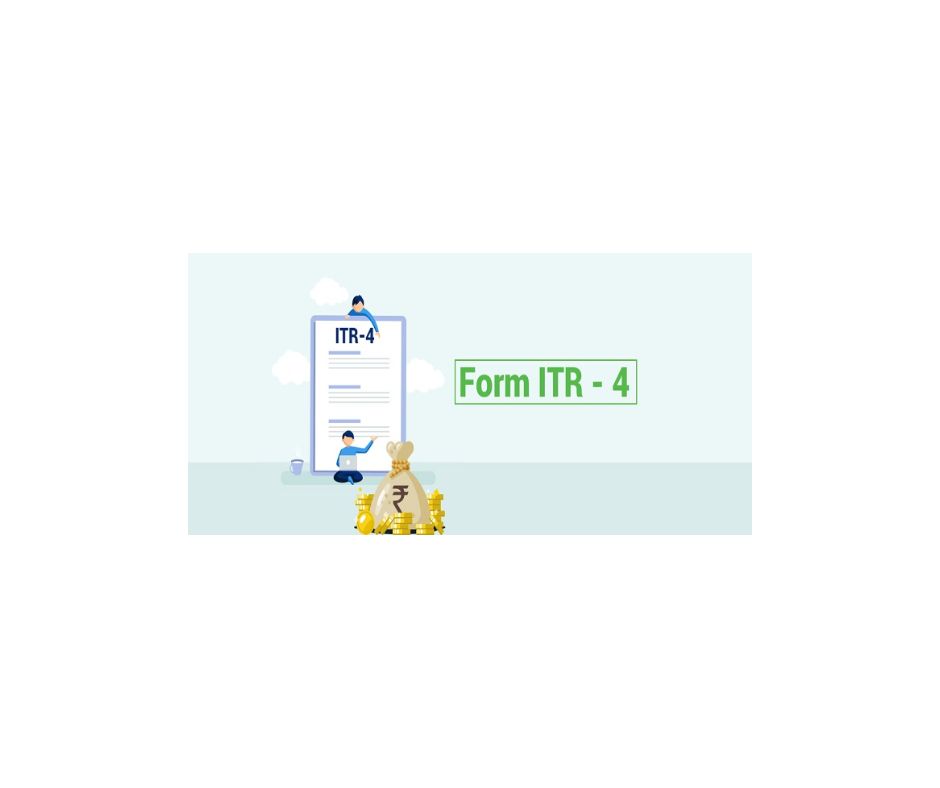How to check ITR filing status?
How to check ITR filing status How to check ITR filing status, To check the status of your Income Tax Return (ITR) filing, you can follow these steps: Visit the official website of the tax authority: Go to the official website of the tax authority in your country (e.g., the Income Tax Department of… Read More »








